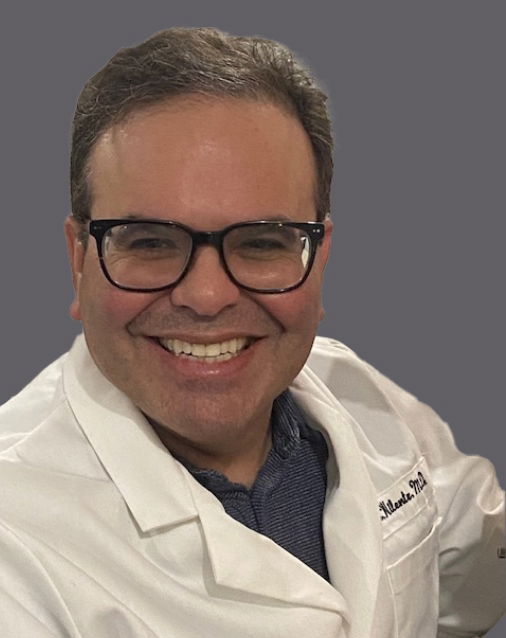
Merkel cell carcinoma is a rare type of skin cancer. Due to its aggressive nature, it is wise for you to know the signs and symptoms of Merkel cell carcinoma, and to seek diagnosis and treatment as early as possible. Feinstein Dermatology provides a full spectrum of care for Merkel cell carcinoma treatment in the Delray Beach, FL community.
What Is Merkel Cell Carcinoma?
Merkel cell carcinoma most often appears as a single flesh-colored or blue-red nodule, which may appear on the face or neck. Most common among older men and women, Merkel cell carcinoma may result from long-term exposure to sunlight or a weakened immune system. When left untreated, Merkel cell carcinoma can spread quickly throughout your body.
What Are Merkel Cells?
Merkel cells reside at the base of your epidermis, the outermost layer of skin. These cells connect to your nerve endings, which help regulate your sense of touch. While researchers believe there to be a viral component to Merkel cell carcinoma, other factors, such as UV exposure, undoubtedly have an impact.
Treatment
If you observe the symptoms of Merkel cell carcinoma, the first step is seeking an accurate diagnosis from our board-certified dermatology team. Different treatment options are available, but the most effective option is usually a wide excision, removing a large area of cancerous tissue from the body. From there, aesthetic treatment may help repair the appearance of your skin.
Tips for Managing
The risk factors for Merkel cell carcinoma include advanced age as well as any medical complications that weaken the immune system. Preventative steps include using proper protection from the sun, not only during summer but all year long. Regular dermatological evaluation is also crucial for early detection and prompt treatment.
Merkel Cell Carcinoma FAQ
Meet Our Board-Certified Dermatology Team
At Feinstein Dermatology in Delray Beach, FL, our commitment is patient satisfaction and loyalty. We are defining the new standard in customer experience and outcomes, striving to lead by example for others to follow. With a dedicated patient base of over thirty-five thousand (35,000) individuals who have entrusted us with their dermatological and cosmetic needs, we have earned our reputation as a leading provider in the field.
Our team comprises dedicated professionals, including board-certified dermatologists, a board-certified Mohs surgeon, and a board-certified plastic and reconstructive surgeon. We invite you to experience the exceptional care and dedication that defines Feinstein Dermatology.
LEADERS IN DERMATOLOGY & COSMETICS
Meet Your Providers
Feel Good About Your Skin
At Feinstein Dermatology & Cosmetic Surgery, we understand that your skin is more than just an organ; it reflects your well-being and confidence. Our dedicated team of board-certified dermatologists and skincare specialists is committed to guiding you on a transformative journey toward feeling fantastic in your own skin. With a personalized approach to dermatological and cosmetic care, we aspire to be your trusted partners for a lifetime of radiant, healthy skin. Take the next step towards embracing your confidence with advanced skincare solutions, cosmetic treatments, or skin cancer care in Delray Beach, FL. Schedule a consultation for Merkel cell carcinoma treatment today at (561) 498-4407.











